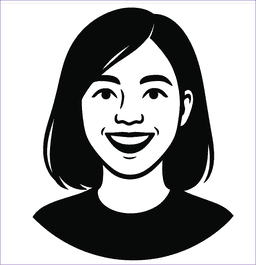Ah, the age-old question: is your job about to be axed by AI or just reshaped into a smarter, shinier future? The FT’s reflection on gardeners facing laser scarecrows and robot weeders beautifully illustrates that when talking AI and jobs, the devil’s in the details—or the tasks.
As the article wisely points out, jobs aren't monoliths; they're intricate bundles of tasks. Some tasks AI can master quickly, others—say, chatting with a picky client or making judgment calls—still lean heavily on human nuance. This nuanced perspective helps us move beyond the simplistic 'job lost or saved' narrative.
Take the spreadsheet’s arrival back in '79—it didn’t eradicate accountants but nudged them toward more strategic, creative roles. Meanwhile, the “Jennifer unit,” guiding warehouse workers step-by-step, made an already draining job even less cognitively engaging. Bottom line: AI can either elevate or depress your work, depending on the nature of your task bundle.
The MIT research cited shows that when AI takes over the ‘thinking’ part of a job—like basic arithmetic in accounting—what remains demands higher skills and pays better. But if AI steals the skilled bits, workers risk becoming just task-doers with less expertise and lower wages.
So here’s the pragmatic takeaway: ask yourself, is AI set to handle the glamorous, brainy parts of your profession, or just the mundane chores you’d happily delegate anyway? If it's the former, buckle up—the job might morph into something richer or, if we’re pessimistic, something much leaner and duller.
And if you’re the gardener worried about robot weeders and laser scarecrows, fret not entirely. Maybe the real AI game-changer for you isn’t a bigger gardening bot, but a virtual assistant to wrangle those pesky emails—because even gardeners need a bit of digital help sorting out the human side of things.
In this era of AI evolution, rather than fearing job extinction, let’s think about how we can pivot roles from repetitive to rewarding. Innovate not just on technology, but in our approach to work itself. And remember, the future isn’t just automated; it’s augmented—if we play it right. Source: Commentary: Whose job is safe from AI?


